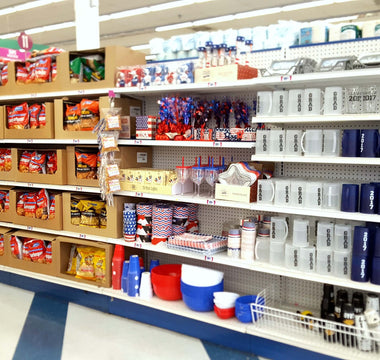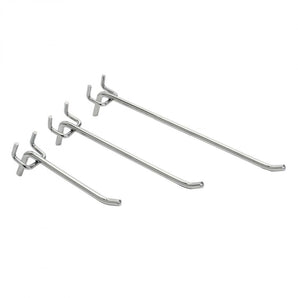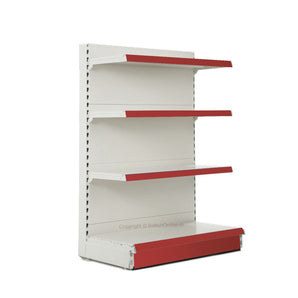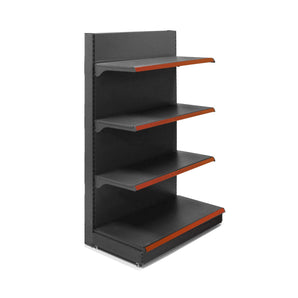Introduction
Pallet storage is a key element in modern logistics. Choosing the right racking system can mean the difference between a cluttered space and an optimized, efficient and safe work area. Pallets require solutions tailored for fast handling, digital tracking and high load capacity.
1. Standard pallet racks (selective racking)
These are the most common types of pallet racking, providing direct access to each pallet. They are compatible with most forklifts and allow for clear product organization. The shelves can be easily adjusted to the height of the pallet.
They are recommended in warehouses with a varied range of products and constant stock rotation.
2. Drive-in and drive-through racks
These systems maximize storage density by eliminating aisles between shelves. Drive-in allows access from only one side (LIFO system), and drive-through from both ends (FIFO). They are ideal for homogeneous products and large stocks of the same type.
Be careful when handling – this system requires experienced operators to avoid accidents.
3. Gravity racks (flow racks)
An advanced system where pallets automatically move on rollers, using gravity, from the loading area to the picking area. Increases efficiency and reduces handling time.
They are excellent for industries with fast turnover and rotating inventory, such as the food industry or FMCG distribution.
4. Shelf protection and operational safety
Installing stops, metal corners and base guards is vital to preventing damage. Forklift accidents are common, and a minimal investment in protection can prevent major damage and business interruption.
Shelves must also be inspected periodically and maintained according to European standards.
5. Digital warehouse management (WMS)
A WMS (Warehouse Management System) software system can completely transform the way you work. You can track the position of each pallet, the batch, the expiration date, the stock rotation and the occupancy level in real time.
Barcode or RFID tags, along with mobile apps, reduce human error and increase operational speed.
Conclusion
Pallet storage is no longer a simple matter of "stacking". It is a logistics branch in itself, requiring planning, technology and modern infrastructure. Choose the right racks and systems for your business needs, for a more efficient, safer and more profitable warehouse.





